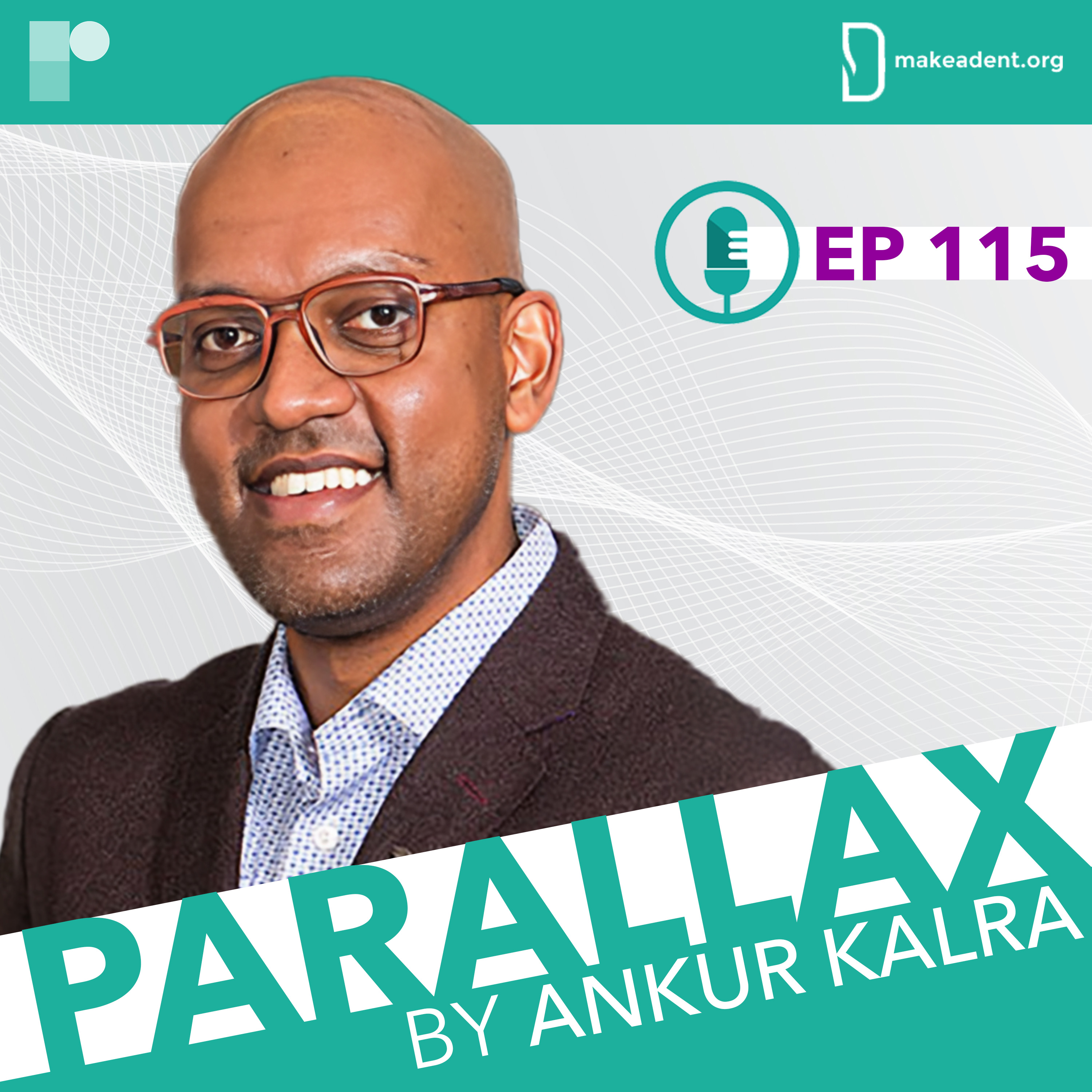
In this compelling episode of the Parallax Podcast, host Dr Ankur Kalra sits down with Dr Janarthanan Sathananthan, an interventional and structural cardiologist and the Chief Medical Officer of Interventional Cardiology at Boston Scientific. Dr Sathananthan recounts his life's journey, from being born in Sri Lanka during the civil war, and moving to Zimbabwe, New Zealand, Canada, and finally North America. He shares how his diverse upbringing profoundly shaped his career in cardiology.
Together, Dr Kalra and Dr Sathananthan delve into cultural challenges and lessons learned from Dr Sathananthan’s father, a dentist who experienced significant discrimination throughout his career. They explore Dr Sathananthan's decision to pursue interventional cardiology, and his passion for the intersection of technology and medicine. This episode also delves into Dr Sathananthan's role as Chief Medical Officer at Boston Scientific, focusing on global initiatives to expand coronary therapies and the growth of PCI in the Asia-Pacific region. They also touch on the ongoing struggle to balance work and personal life in a demanding field.
Listeners are invited to submit questions and comments to podcast@radcliffe-group.com, which may be addressed by Dr Kalra in the next episode. Join us for this insightful conversation with Dr Janarthanan Sathananthan on the Parallax Podcast.
Guest: @J_Sathananthan
Host: @AnkurKalraMD
Produced by: @RadcliffeCARDIO
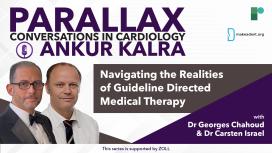
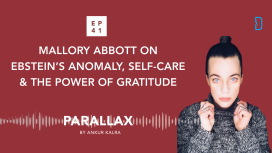
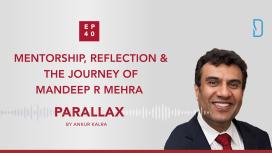
In this week’s episode Ankur’s guest is Dr Mandeep R Mehra, Medical Director of Brigham Heart and Vascular Center and Professor of Medicine at Harvard Medical School.
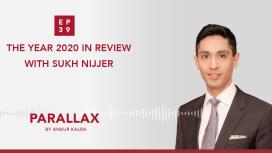
Which COVID19 patients require risk stratification with a stress test? What are the take-home messages for physicians taking care of patients diagnosed with COVID19? What were the key trials of 2020? What can we learn from the negative results of the STRENGHT study? How have studies like STOP-AF influenced clinical practice?
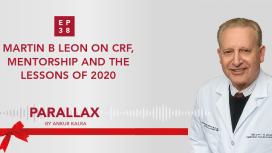
What makes Dr Martin B Leon tick? What is his message to cardiologists and/or researchers at the beginning of their careers? How did the pandemic and his work as a clinician in New York change his perspective?
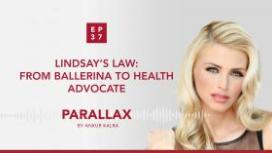
In this episode Ankur asks Lindsay about her treatment path. Lindsay recalls her own journey to taking control of her condition and the important role of information in patient adherence. Lindsay, former Miss Ohio, talks how she used the pageant to create awareness. Lindsay talks about work in state legislation and her plans for 2021.

US Cardiology Review journal, has recently seen a 7-fold increase in female editorial board members in response to journal-based strategic initiatives and the stellar work of USC editorial board leadership, Ankur Kalra (Editor in Chief) and Bill Gogas (Deputy Editor in Chief), who were keen to drive this change. With thanks to Dr Anastasia Mihailidou’s tenure as a new board member and her suggested nominees, ten new female board members have recently joined US Cardiology Review’s editorial board.

In this episode, Mike opens up about his childhood in Stilwell, Oklahoma. Ankur and Mike discuss how the inductive quality of art can complement the deductive principles of science. Mike recalls earlier stages of his career and warns about the blinding effect of the ego-driven, competitive culture of cardiology. Ankur asks Mike about fatherhood and about his role as an educator.
What does it mean to be fearless as a medical professional? How can you protect yourself from the emotional toll of the profession? What is Mike’s advice to early career cardiologists?
Sponsored by Edwards.

During her interventional cardiology fellowship, Dr Baron became fascinated by the implementation of novel technologies. She earned her degree in Clinical Epidemiology and spent a year working at the FDA’s Device Evaluation unit.
In 2019 Dr Baron presented the results of her late-breaking trial, COAPT. Ankur invites Suzanne to discuss the economic analysis of the study and to give a short introduction to cost-effectiveness analysis. Suzanne provides an overview of the trial and they talk about the importance of understanding the value and benefits of new devices from both the patient and the health-economic point of viewpoint.

How should you start building a research programme? What are Chuck Simonton’s thoughts on the relationship between doctors and the industry? What is Chuck’s message to young cardiologists?

After the #MedBikini campaign provoked by a misogynistic study that scrutinized female doctors’ social media posts, this episode is about creating a safer environment for female healthcare professionals.






